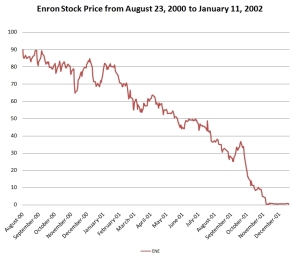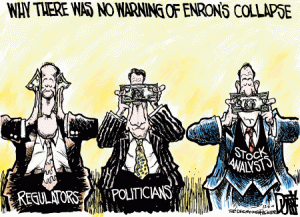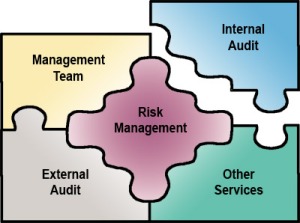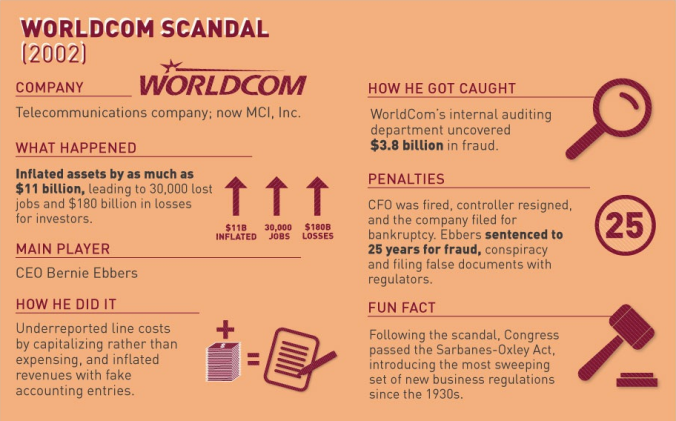For the past couple of weeks we have been posting about government auditing and how it is important in keeping businesses in check. Government auditing plays such a big role and the people that work as auditors are very im portant. Last week we talked about changing the audit structure. I completely agree with that because the current audit structure is tough. I am going to talk about how it is important to help our auditors so that they may be more efficient and more effective when it comes to doing their jobs.
portant. Last week we talked about changing the audit structure. I completely agree with that because the current audit structure is tough. I am going to talk about how it is important to help our auditors so that they may be more efficient and more effective when it comes to doing their jobs.
I worked in the government auditing office for the Health and Human Services Department in the Administration of Children and Family division. When I walked in the first day every person who worked on the floor as an auditor had paper stacked pretty much everywhere and the inbox had more papers in it than the outbox. Also a lot of the papers would be stalled because there was a chain of command that people had to send their completed audits too and since people had so much on their plate’s papers would get lost or stalled and things weren’t being done efficiently. When I got there I had to sort out a whole room of old audits since they keep records with paper when they are done with them. Most of the people there worked harder than anybody at any other place I have worked at. It was amazing to see them still work paper even though they had the technological means to make life a little easier on them.
So then I suggested we start digitizing the archive so that things can be easier and so that when people would be ready to s end things up to the chain of command for approval they would just send it electronically. This made it more efficient but at the same time though I had to scan hundreds of documents and thousands of papers day after day so that the archives and other audits could be accessed easily. It was tough work. I everyday things would start to pile up and my desk would look the desk of the normal employees and I’m just an intern.
end things up to the chain of command for approval they would just send it electronically. This made it more efficient but at the same time though I had to scan hundreds of documents and thousands of papers day after day so that the archives and other audits could be accessed easily. It was tough work. I everyday things would start to pile up and my desk would look the desk of the normal employees and I’m just an intern.
Another thing I observed while working in the auditing office was that they just don’t work hard but they also have to work in conjunction with the firms they are auditing. It is tough to deal with pe ople when you are talking about the management of money. People show off their attitudes and it is hard for the auditors to keep their composer and focus on getting the job done.
Overall I say all this to say that the auditors have a very tough job to do and they do the best they can. We need to make sure that we support them in any way that we can because it is really hard to be an auditor especially when they have so many things to focus on and audit. What they do is very important and with better equipment and more support they can do their job with more efficiency. So in conclusion government auditors have a tough job but they are the perfect ones to do it because they work hard and are driven to make everything right in the financial world.




